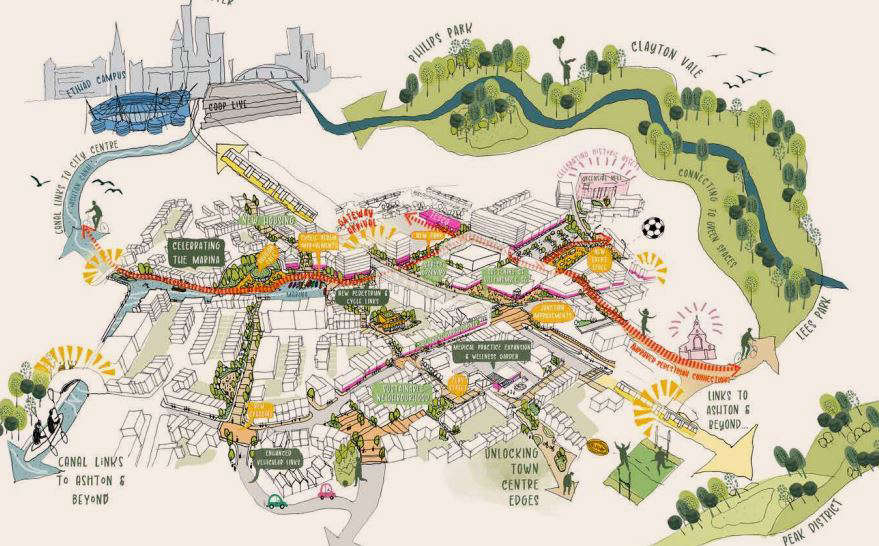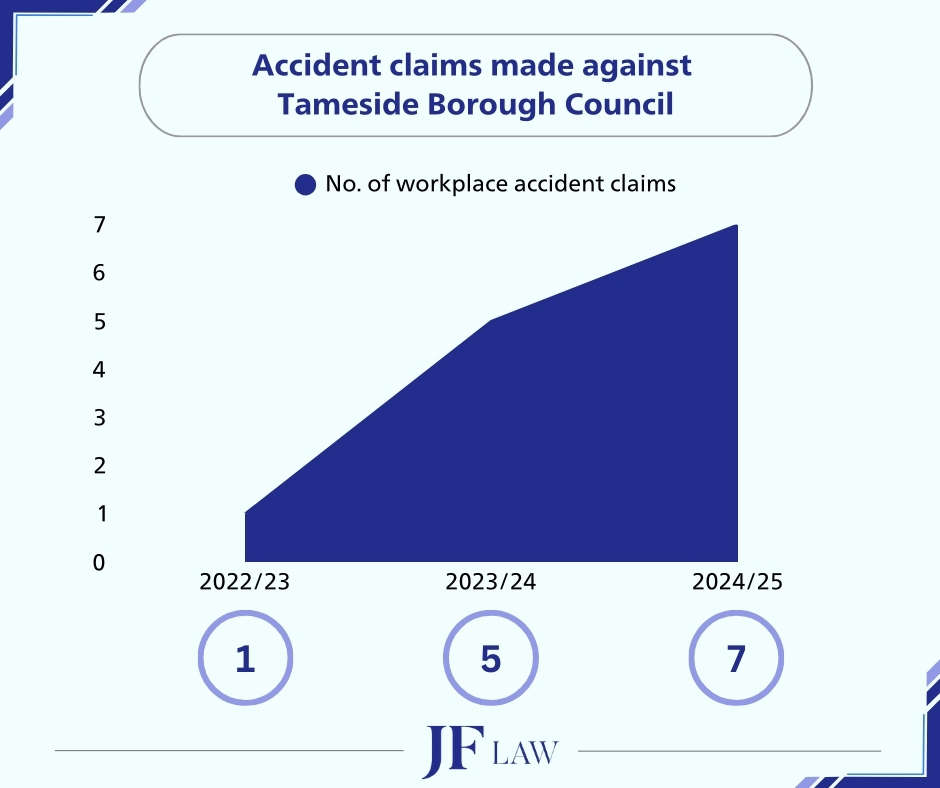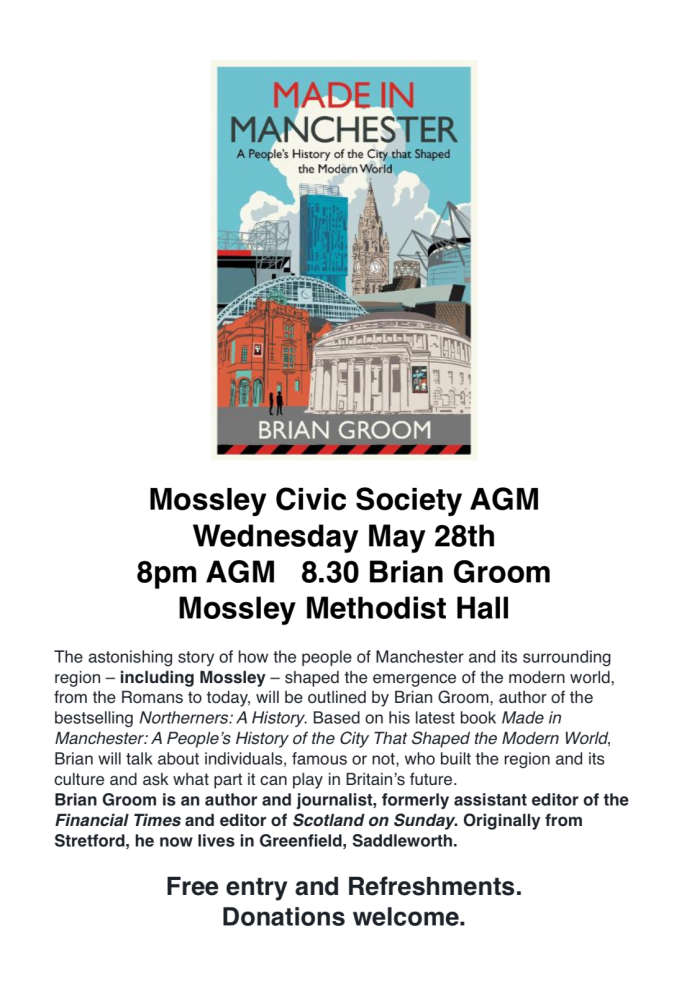
Greater Manchester has committed to tackling 'another global pandemic' in gender-based violence by setting out how it plans to confront the issue over the next decade.
The strategy looks to improve the safety of women and girls affected by gender-based violence, while also preventing abuse by challenging the attitudes that allow it to happen.
It also calls on the police and criminal justice system, as well as health services, schools and housing providers, to work towards the common goal of stopping gender-based violence once and for all.
Mayor Andy Burnham first unveiled the strategy in March in the wake of the disappearance of Sarah Everard, who was murdered by police officer Wayne Couzens.
Its publication was approved on Friday – days after Sabina Nessa was killed in London. A man has been arrested on suspicion of her murder.
Between their deaths an average of two women were killed every week by a man at home or in a public place, the Greater Manchester Combined Authority (GMCA) was told on Friday.
Baroness Beverley Hughes, deputy mayor of Greater Manchester, said: “It’s sobering, and that is the extent of femicide in this country.
“It really can’t be clearer that taken alongside all other forms of violence and abuse, there has to be a really strong strategy to try and change this.”
In the UK one in four women experience some form of domestic abuse or sexual assault in their lifetime.
A further 40 per cent have reported harassment in the workplace.
Almost 50,000 incidents of domestic abuse are reported to Greater Manchester Police every year.
Reports of rape are also increasing, though many often go unreported.
Baroness Hughes said the ambition for Greater Manchester was for it to become one of the best city-regions in the world to ‘grow up, get on and grow old’.
But this will not be possible if many of its citizens continue to be ‘overshadowed, impaired or stunted’ by the serious effects of often lifelong violence and abuse.
The deputy mayor added: “Gender-based violence remains endemic and it’s another global pandemic as it takes many forms across the world.
“It is ubiquitous as it occurs not only in the home but also in workplaces, in the arts, in religious organisations, in the street and on social media.”
Evidence shows that most gender-based violence is committed against women and girls predominantly by men and boys.
A public awareness campaign directed at men and boys will look to challenge their attitudes and behaviour, but there is a recognition that gender-based violence can also affect them.
A separate plan is being drawn up to address how to meet the needs of male victims and survivors who were subject to violence or exploitation due to their gender or sexuality.
Andy Burnham, addressing GMCA colleagues on Friday, said: “We launched this strategy after the death of Sarah Everard in the earlier months of this year and the response to that was overwhelming.
“We wanted to ensure that we gave a voice to people who wanted to be able to engage but sadly we’ve seen another appalling murder, of Sabina Nessa, in the last few days.
“These are massive issues and actually I’ve learned more and more about how we are not where we need to be when it comes to protecting women and girls from harassment, abuse and violence, and that’s why this strategy is so important.”


 The ambitious vision to turn ‘dilapidated’ Greater Manchester town into a booming hot-spot
The ambitious vision to turn ‘dilapidated’ Greater Manchester town into a booming hot-spot
 Woman, 80, dies following collision with cyclist in Stalybridge
Woman, 80, dies following collision with cyclist in Stalybridge
 Tameside Council pays compensation to workplace accident claims
Tameside Council pays compensation to workplace accident claims
 Mossley Civic Society AGM
Mossley Civic Society AGM

